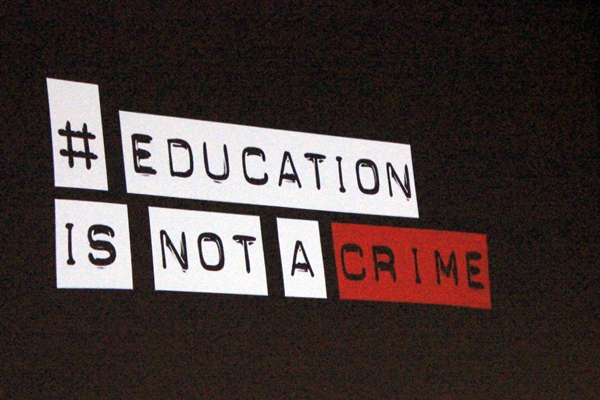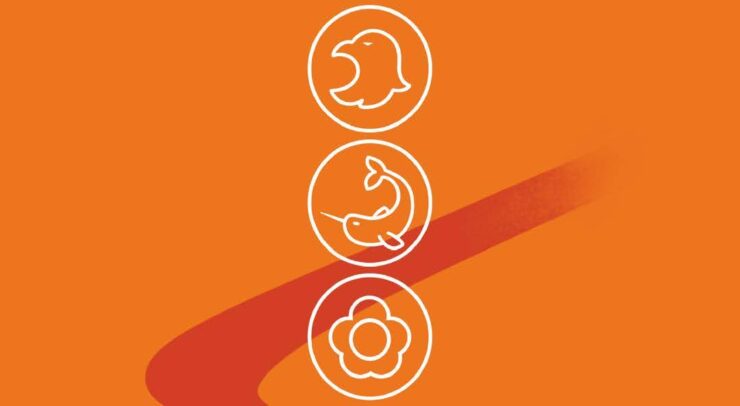Film screening takes aim at Iranian persecution of Baha’is for seeking to learn
Photo: Jessica Eritou
For some students, their religion means university education isn’t an option.
The Iranian government forbids Baha’is from pursuing post-secondary education, but the University of Ottawa wants to help.
Due to differing religious beliefs, the Islamic government severely restricts the rights of the Baha’i in various aspects of their life, such as education. As a result, the Baha’i started the Baha’i Institute of Higher Education (BIHE) in 1987.
Kevin Vali, a second-year master’s student in biochemistry and vice-president of the Campus Association for Baha’i Studies (CABS), described BIHE as an underground education movement. Anyone caught teaching at or participating in the BIHE risks being jailed.
“This has a huge meaning to me,” said Vali. “My parents escaped Iran before the revolution because … they were not allowed to have education at a higher level, so it had a sentimental value to me.”
The U of O has an important role to BIHE, as they were one of the first Canadian universities to accept undergraduates from Iran, allowing BIHE students to obtain their master’s degrees here in Canada.
The university, in partnership with the CABS, held a Feb. 26 screening of To Light a Candle, a documentary by Iranian-Canadian journalist Maziar Bahari about the persecution of Baha’is. The film screening was part of the international campaign called Education is Not a Crime, highlighting Baha’i methods of nonviolent resistance in order to educate their people.
Retired U of O English professor Phyllis Perrakis spoke about her involvement with BIHE, sharing her personal story regarding a particular student whom she mentored.
Mozhgan Iranmanesh came to the U of O to obtain her master’s in education in 2001. Iranmanesh recalled the moment she was told she was accepted to travel to the U of O to study and shared her gratitude for those who accepted her application to the school. “Brave and dedicated souls, whom some are present here tonight, putting so much effort and heart to convince the heads of department to look at our credentials to see if they can offer us a program,” she said.
Iranmanesh travelled with her childhood friend Kamran Rahimian, an instructor for BIHE, who was on the same journey to Canada but was sentenced to imprisonment for studying. “I simply (missed) my friend,” said Iranmanesh. She eventually found a way to visit his wife and her own friend, Faran Rahimian during her husband’s four year sentence.
“Your human dignity is so compromised you want to step and scream out at the cruel, cruel, place immediately,” she said. “I knew I had to be patient.”
The murders of the Baha’i may have relented, but they are still discriminated against, imprisoned, and tortured because of their religion. Vali said he wishes for a bigger democratic push from the West. “We’re hoping that raising awareness will change (the government’s) mind,” he said.





